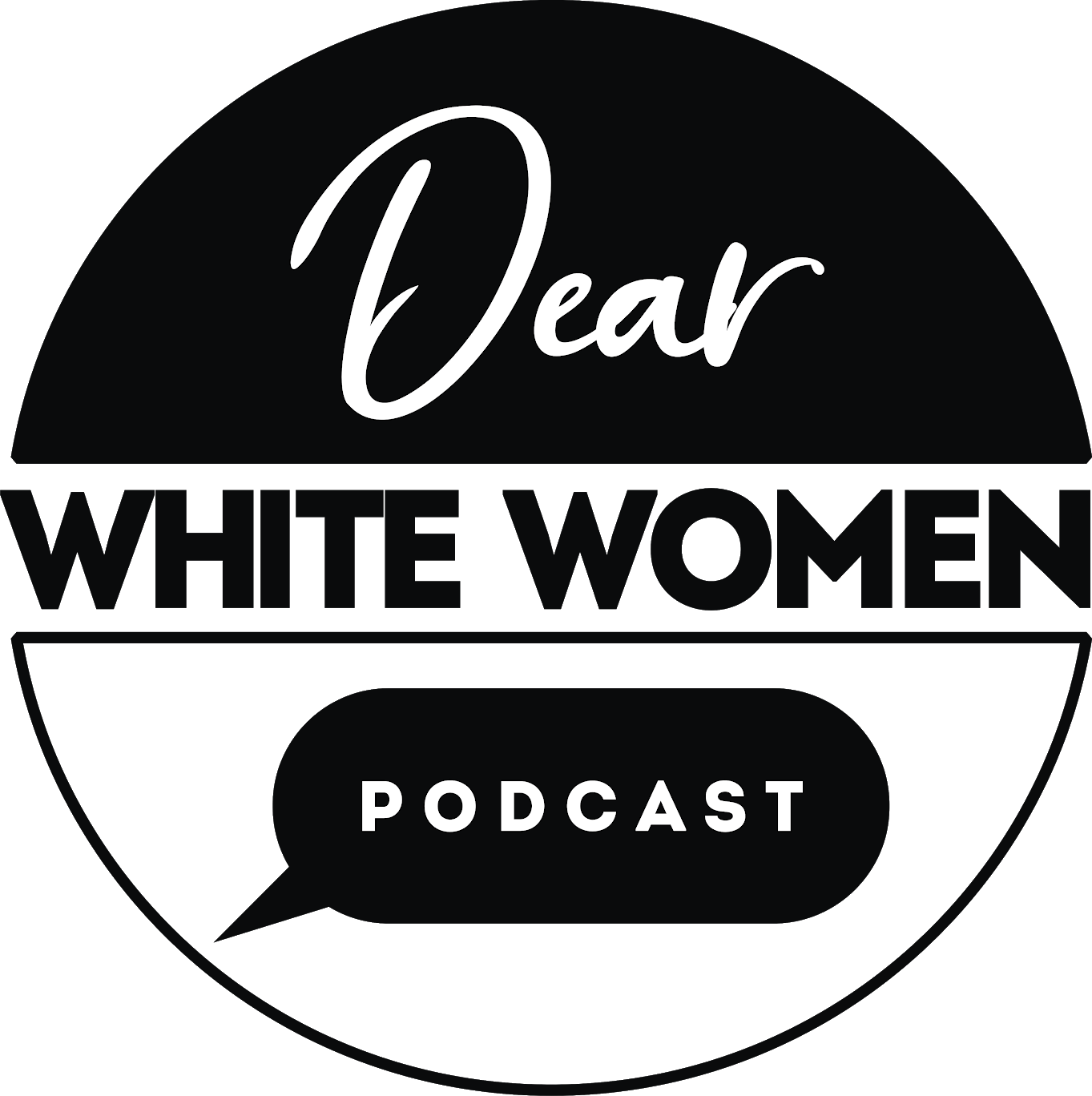When you think about the holidays, what image comes to mind? Sitting around a holiday table with friends and family? Spending time with loved ones? Watching some holiday movies, sipping hot cocoa, and all the warm holiday fuzzies?
Or is your reality more like that of a lot of Americans, especially this 2023 holiday season: uncomfortable or downright hostile conversations with members of your family who feel VERY differently about you on polarizing topics, which could include politics, social justice, the economy, democracy, genocide, and so much more?
Most importantly, what are we supposed to do about this? Are we supposed to, as the New York Times suggest in their “How to Avoid Awkward Conversations” piece in mid-November, first try and “stifle those conversations”? That doesn’t seem very realistic, because let’s face it, your racist uncle is going to say what he wants to say, regardless of how many times you try to steer him towards “safe” topics.
Here at the podcast, we don’t think people want to avoid having uncomfortable conversations - they just don’t know HOW to have them. More than anything, people want practical tips.
Because let’s face it - we are in an extremely dark period both as a country and on a global level, we have what may be the most contentious election in our lifetime next year (I know, we said this in 2020 - we stand corrected), and we’re still going to be gathering with people over the next year. We think these conversations will only ramp up in frequency, tone, and seriousness going forward.
So in this episode, we’re going to be sharing tons of tools that you need to have those uncomfortable conversations with family, with friends, and even yourself now through 2024. Please share your best tips with us, as well!
Read More



![246: Why Trump Is Bad For [Y]OUR Well-being, Part 2](https://images.squarespace-cdn.com/content/v1/5c703322755be2689007542f/1716097155538-5RBZ4PNCWGXPMMI3CW96/Dear+White+Women%283%29%281%29.jpg)
![245: Why Trump Is Bad For [Y]OUR Well-being, Part I](https://images.squarespace-cdn.com/content/v1/5c703322755be2689007542f/1715029506127-PZDP3VQS4EYSO3G1FRH5/DWW+245.jpg)















